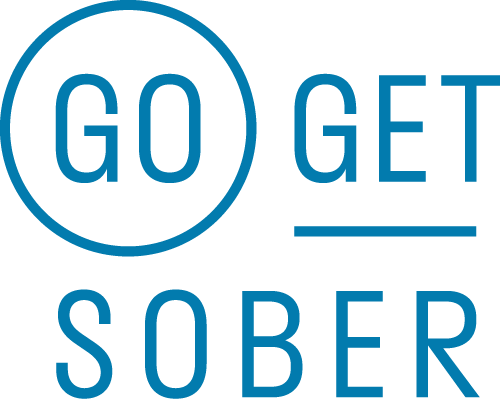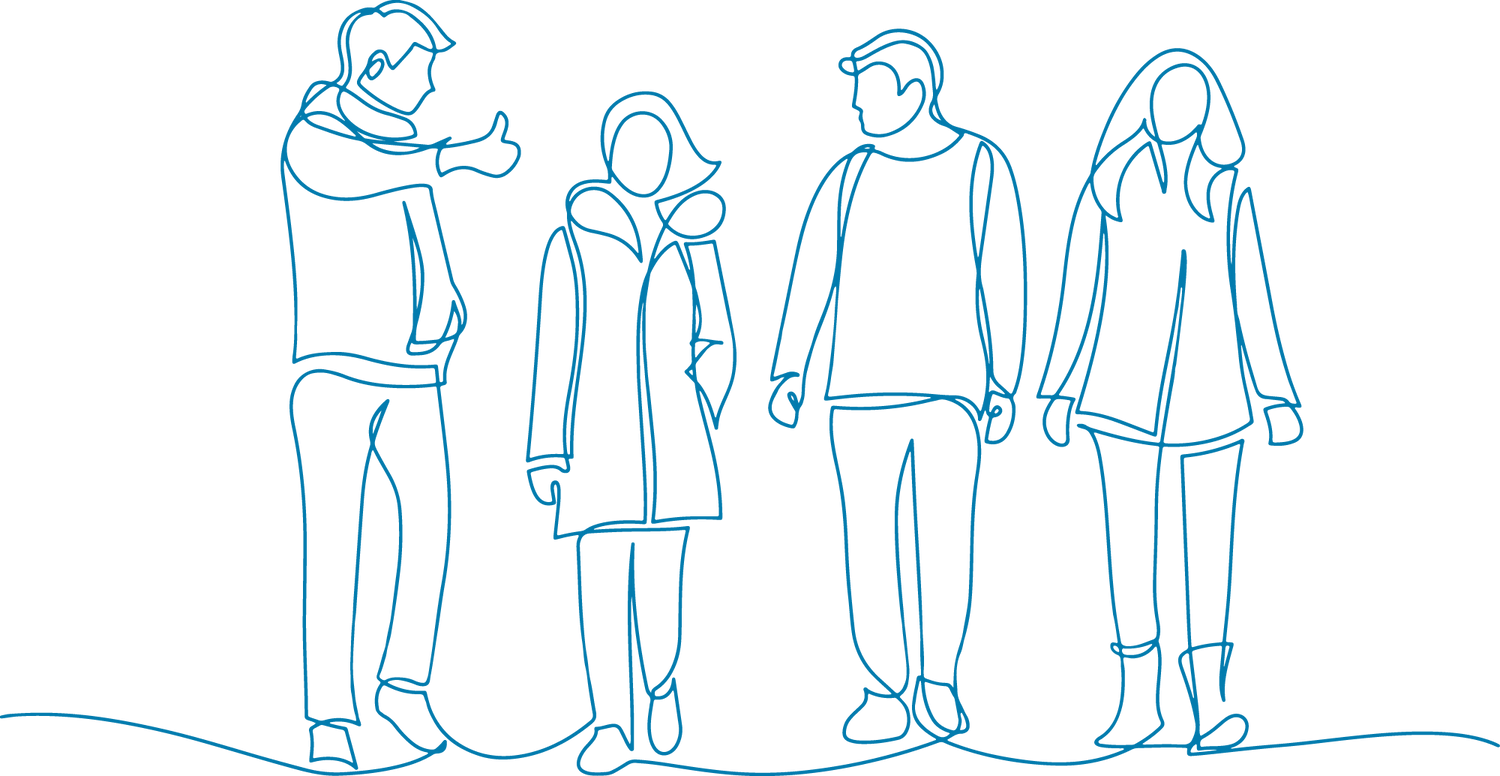Why we drink
Usually, people who have developed an unhealthy relationship with alcohol are either running away from something or running towards something. Either way, they’re not happy with where they’re at right now or who they are right now.
When I was drinking, I was doing both. I was running towards a version of me I thought was more likeable, more sociable, more fun, more chilled, more dare-devil and more desirable. I was running away from the version of me I thought wasn't good enough, was awkward, shy, different, scared and undesirable. I certainly wasn't happy with who I was and drink helped me to feel like I was someone else. Someone who fitted in better.
Drink makes us feel better about ourselves. It makes us feel like we're managing life better. It helps us to act a part.
And then, over time, it stops working.
The challenge of stopping
When we stop drinking, we need to learn to get to know ourselves all over again. We need to learn our own value. We need to learn to love ourselves. If we don't do this, we run the risk of turning back to alcohol again because the same issues are still there.
Often, people say they can stop drinking relatively easily and that it’s the staying stopped that's the biggest challenge. At some point, after the initial wave of motivation, enthusiasm and determination for sober living has crashed and doubt has crept in, some people find themselves reaching back for the bottle as if they’re on automatic. It can seem like the easiest route to take when the road gets tricky.
This is because drinking has become an unconsciously embedded pattern of behaviour. The unconscious part of our minds is responsible for 90% of our thoughts, feelings and behaviours. We’re only really consciously choosing what to do, how to think and behave about 10% of the time. So, it’s no surprise that when we’re not paying attention, the unconscious part of us takes over and reverts to familiar patterns.
How to stay stopped
In order to “stay stopped” more easily, we need to learn to be happier with who we are so we no longer need to run anywhere. And, we also need to give the unconscious part of our minds some guidance and support. Some instruction. We need to get that powerful, unconscious part of us on board.
One of the ways we can do this is by choosing to use healthy and helpful language. Did you know that your unconscious believes what you tell it? If you tell yourself often enough that you can’t do this (whether it’s stopping drinking or completing a marathon) you’ll believe it and you’ll start to live your life as if it’s true.
From present to past
You can help your unconscious by replacing unhelpful phrases and words with more helpful ones, like shifting the tense you use from present to past:
I’ve got a problem with drink could become I’ve had an unhealthy relationship with drink and I'm changing it.
Notice that your unconscious believes what you say, so if you say something in the present tense (I’ve got…) it believes that this is true for you right now. If you say something in the past tense (I’ve had…) it starts to think that might not be true for you anymore.
Using tense is a powerful tool when you’re changing a deeply embedded and unhealthy habit. Instead of referring to a problem as being current, you can refer to the old problem or “the problem I used to have”. The more you do this, the more your unconscious will start to file away that problem state as something in your past and no longer true for you. This, in turn, makes it much easier for you to create and stick with new habits.
The power of when
Using the word “when” can also help to train your unconscious.
I’m never going to be able to live life sober – I feel trapped becomes When I’m living life sober, I’ll no longer feel trapped.
Which one sounds more positive and uplifting?
By using the word "when" like this, you are implicitly assuming that at some point you will be living life sober and no longer feeling trapped. This helps your unconscious to understand that this is now a possible, if not probable, future outcome. It then starts reacting and responding as if it's true.
If I stop drinking, I can get healthy again becomes When I stop drinking, I can get healthy again.
Which one sounds stronger and presumes success?
The word "if" implies that what is being suggested might never happen.
How many times do you hear people saying "If I have time, I'll ..." and you know the " ... " will never happen. Whereas as soon as you hear "when", you know it's happening, it's just a case of when.
Get Started
A starting point is to use the past tense when you’re referring to your old patterns of behaviour around drink and to use the word “when” when you’re referring to how you’d like to live your life. Simply doing this will help your unconscious mind to start shifting what it believes about what’s possible for you. And, this will make it much easier for you to stay stopped in moments of challenge.
Make a list of all the phrases you could use to describe your old unhealthy behaviour with alcohol and start to practise saying them. Then, do the same for "When statements" about what your successfully sober life looks like.
Enlisting the power of the unconscious enables you to stay resiliently sober, which, in turn, gives you the opportunity to work through some of the issues that led you to an unhealthy relationship with alcohol in the first place and allows you to move towards a place where you can finally be happy with who you are.
Doesn't that sound good?


